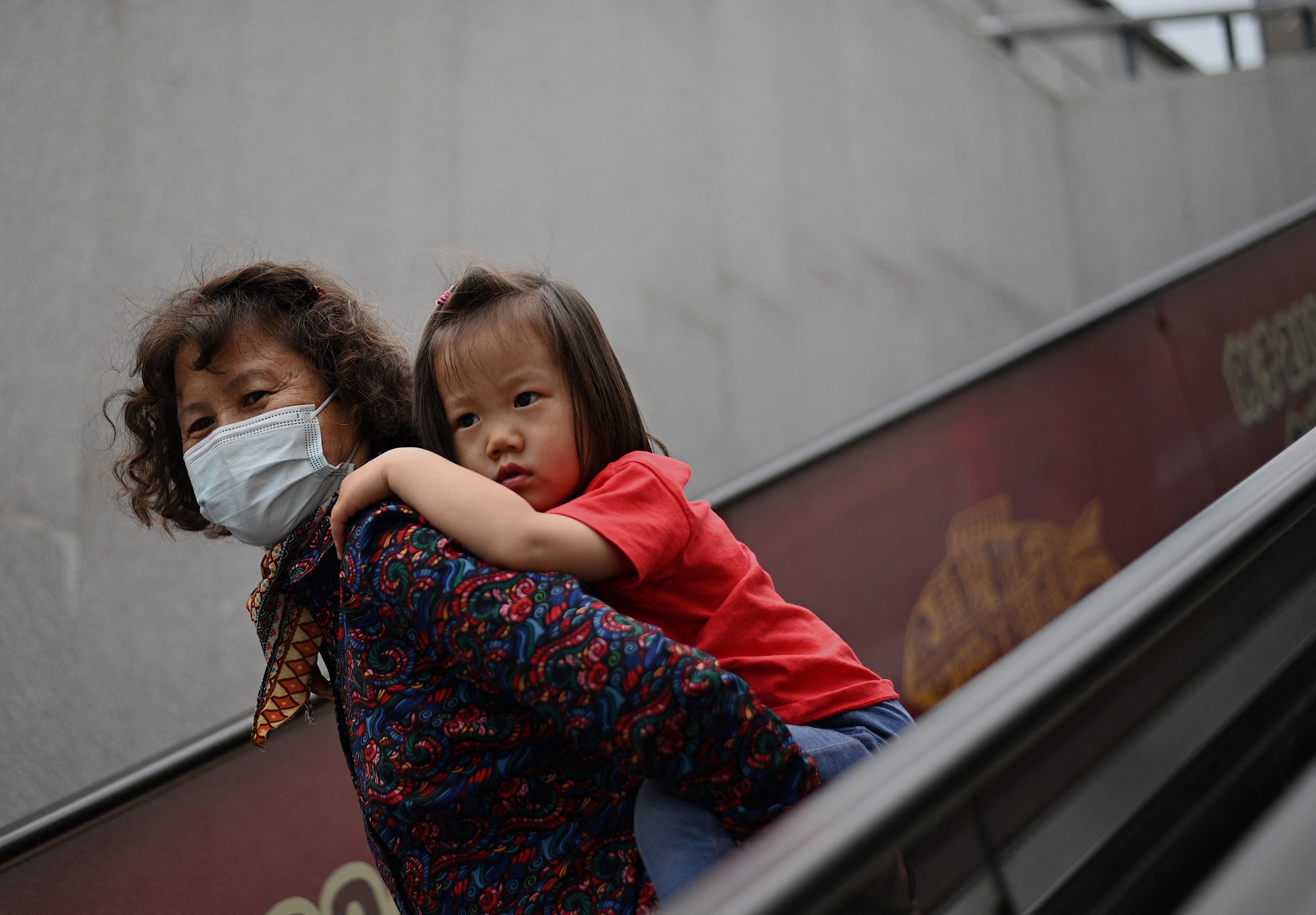As India and Pakistan Clash, China and Russia Tighten Ties
Tensions between nuclear-armed neighbors India and Pakistan have sharply escalated following a series of military confrontations. India carried out a wave of missile attacks under ‘Operation Sindoor’ on May 7, 2025, striking nine targets within Pakistan and its administered Kashmir region. The strikes were in retaliation for a deadly militant attack in Pahalgam, Indian-administered Kashmir, on April 22 that killed 26 Indian tourists. India claimed the targets were terrorist infrastructure linked to groups such as Jaish-e-Mohammed and Lashkar-e-Taiba. In response, Pakistan condemned the strikes as an “act of war” and reported shooting down several Indian aircraft. The ensuing artillery exchanges along the Line of Control resulted in civilian casualties on both sides. International calls for restraint have intensified, with the United Nations, China, and Russia urging both nations to de-escalate and engage in dialogue.
Amid this volatile backdrop, China and Russia reinforce their strategic partnership through cultural diplomacy. On May 7, 2025, Chinese President Xi Jinping extended congratulations to a China-Russia cultural exchange event commemorating the 80th anniversary of the victory in the Chinese People’s War. Xi recalled that eight decades ago, China and Russia stood side by side—China resisting Japanese invasion and the Soviet Union waging the Great Patriotic War—cementing a powerful alliance in the broader World Anti-Fascist struggle.” He highlighted the importance of people-to-people and cultural exchanges in enhancing mutual understanding and consolidating social support for the development of bilateral relations. Jointly organized by China Media Group and Russia’s state broadcaster, the event highlights a mutual dedication to strengthening cultural ties.
This cultural diplomacy comes at a time when Asia’s geopolitical landscape is undergoing significant transformations. The intensifying tensions between India and Pakistan have cast a shadow over regional stability. The recent missile strikes and subsequent retaliations have disrupted air travel and raised concerns about the potential for further escalation. Amidst these tensions, China’s strategic initiatives continue to shape the region’s dynamics. The Chinese naval exercises in the Tasman Sea earlier this year, conducted without prior notice to Australia, have raised concerns about China’s growing military presence in the region. Additionally, China’s Belt and Road Initiative (BRI) continues to expand, with significant investments in infrastructure projects across Asia, Africa, and Europe, further solidifying its influence.
In response to these developments, India has been actively pursuing alternative trade routes and partnerships.Aiming to strengthen connectivity across continents, the IMEC project links Europe and Asia through the Middle East, intended to dilute the strategic reach of China’s Belt and Road network. Furthermore, India’s recent military exercises with African nations and the resumption of the Kailash Mansarovar Yatra reflect its efforts to enhance its global influence and strengthen ties with neighboring countries.
The evolving geopolitical landscape in Asia underscores the importance of strategic partnerships and cultural diplomacy in navigating complex international relations. As China and Russia commemorate their shared history and strengthen their bilateral ties, the broader region remains vigilant, with nations closely monitoring developments and adjusting their strategies accordingly.
In conclusion, the China-Russia cultural exchange event serves as a reminder of the power of cultural diplomacy in fostering international relations. As Asia continues to experience geopolitical shifts, the emphasis on mutual understanding and collaboration remains crucial in maintaining regional stability and promoting peaceful coexistence among nations.



